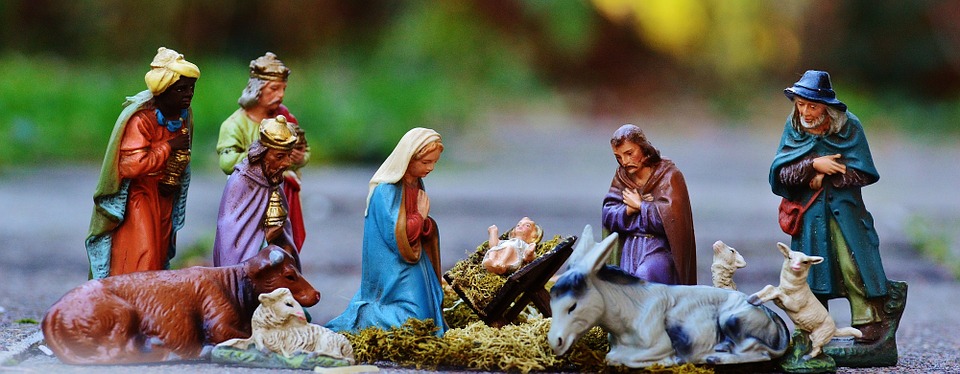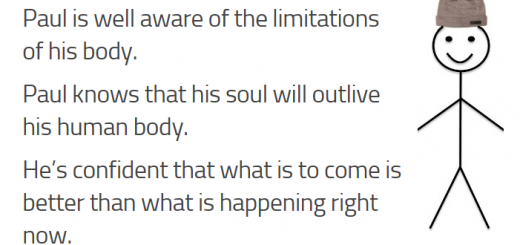It takes more than a tea towel to make a shepherd
The shepherds are a key part of the Christmas story. If you didn’t get a starring role in your school or church nativity play as a kid, chances are you ended up being a shepherd. Your mother will have tied a checked tea towel around your head with a dressing gown cord to go with the dressing gown you had to wear. You will have carried a fluffy toy sheep – or any fluffy toy if you didn’t have a sheep – and huddled around a fake fire on the stage made of twigs and red, orange and yellow paper flames.
However, it takes more than a tea towel to make a shepherd. A shepherd in Jesus’ time was usually a paid labourer, employed by the owner of the sheep to look after his flock. These men were tough. It was hard, physical work and sometimes dangerous. The shepherd would live out on the hills with the sheep for weeks at a time with no human contact, other than with the other shepherds caring for sheep up on the hillside. They’d struggle to fulfil all the requirements of the Jewish law, because they spent much of their time far from civilisation. They were unclean in so many ways! They’d be out there in all weathers, buried under plenty of layers in the cold weather. I can’t imagine they will have removed those layers to wash very often! They’d be pretty dirty after a while and smelly. Irritable from not enough sleep and not enough food. Imagine ‘I’m a celebrity’ without the heat and support from the TV crew. Without the morale-boosting encouragement of chirpy little Toff. We romanticise the shepherds in our little plays and in so doing, miss the significance of the angels appearing to people such as this.
This was a big deal. That the first to hear the news of this miraculous birth were those on the edge of society, those doing the dirty work, the marginalised. We wouldn’t have done it that way, would we? How could these rough and ready guys be trusted with this incredible news? God is truly the God of surprises, upturning the world’s way of thinking time after time after time.
The message is clear: this good news is for all. God does not differentiate between class and success and knowledge and race and tradition and gender and all the things that our society is built upon. God looks and sees the human being, with all of these things stripped away. He sees the heart and the soul.
It’s quite a challenge, isn’t it? We so easily slip into treating some people as VIPs and some as less worthy of our attention. We judge on outward appearance, on job title, on popularity. We turn away from those people who make us feel uncomfortable.
The Christmas story would have been completely different if God had played by our rules. But think about it: the Christmas story would then have been less interesting, less compelling, less revolutionary. God’s story draws us in precisely because it rocks the boat. A story that is good news for those on the margins is a story worth telling precisely because it turns the world’s values (that we often take on board and play by but secretly resent and know don’t work) on their head. God’s story is one of an upside down kingdom, where the ones with the worst reputations and situations get to play a key part.
That’s good news for all of us.
We can start living out those kingdom values in our everyday lives and find the joy and release of this kind of thinking. Where the marginalised are valued, where those with no voice are finally heard, where we discover the riches of each and every human story.
A final thought on shepherds and sheep: there’s a depth of significance here. Throughout the whole of the Old Testament, shepherds played a key role. And God was likened to the shepherd (have a look at Psalm 23) and talked about people as His sheep. It was a well-known analogy. And Jesus carried this on in the New Testament when he described himself as the Good Shepherd in John 10 – the good shepherd who is willing to lay down his life for the sheep. The shepherds in this story are the bridge between the old story and the new, the link between the birth of Jesus and the significance of his death.
Let’s not dismiss the shepherds then. Their story needs to be heard.
And let’s not dismiss anyone as unworthy of our attention and respect. Their story needs to be heard.















